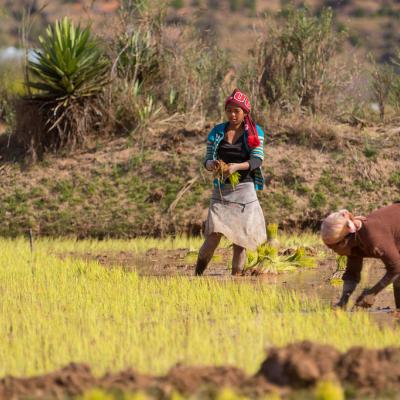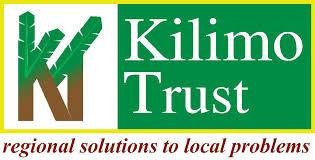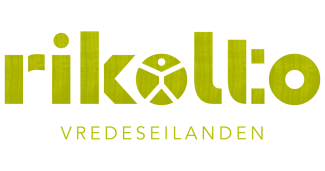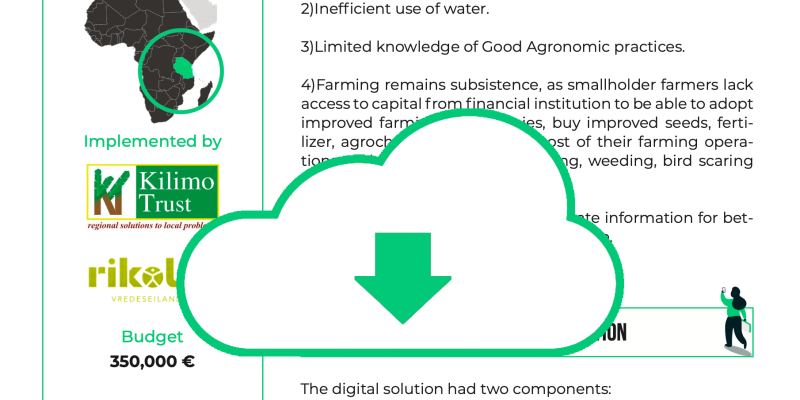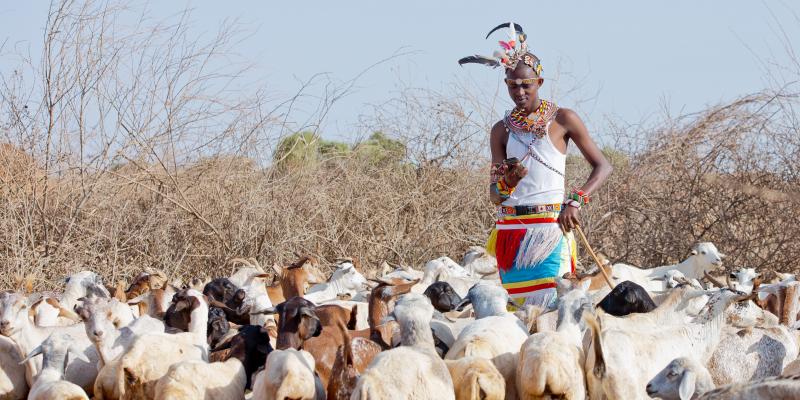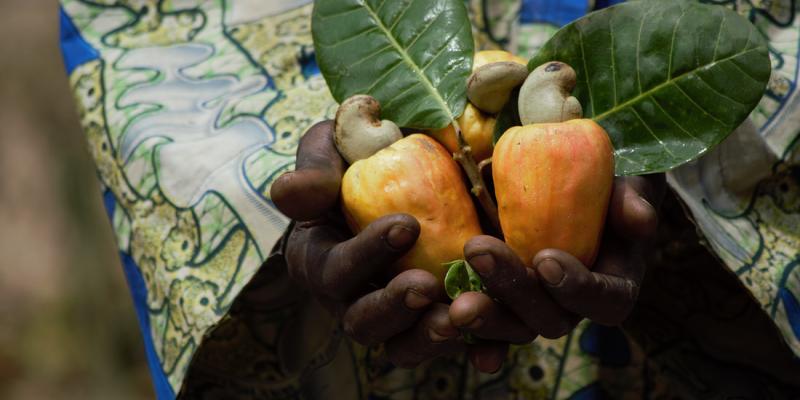Smallholder rice farmers in Tanzania are confronted with many difficulties, such as:
1)Climate change challenges like floods and drought
2)Inefficient use of water
3)Limited knowledge of Good Agronomic practices
4)Farming remains subsistence, as smallholder farmers lack access to capital from financial institution to be able to adopt improved farming technologies, buy improved seeds, fertilizer, agrochemicals and cover cost of their farming operations such as plowing, transplanting, weeding, bird scaring and harvesting
5)Limited access to timely and accurate information for better farming decisions making i.e. plot size
The digital solution had two components:
1)Digital profiling of farmers: involved collection of bio-data from farmers, measuring their plot sizes with GPS technology and harvested volumes. Farmers were provided with their plot size information via SMS along with recommendations to apply good agricultural practices based on the data collected.
2)SRP data: consisted in gauging the progress of farmers in attaining the SRP (sustainable rice production) global standards for rice production, using the KOBO App.
The project also promoted the use of the digital solution to link smallholder farmers and farmer groups to collective trading platforms and systems to increase market connectivity.
The project mapped 10,119 plots mapped 6 districts, covering 4,242 hectares and 7,552 farmers.
A total of 11,565 farmers were trained on Good Agricultural Practices (GAP) in line with the 46 requirements of the Sustainable Rice Practices (SRP) Standard. As a result, GHG emissions were reduced by 30% because of farmers adopting climate-smart rice production practices like such as Alternate Wetting and Drying, which avoid methane emissions from the decomposition of rice straw.
